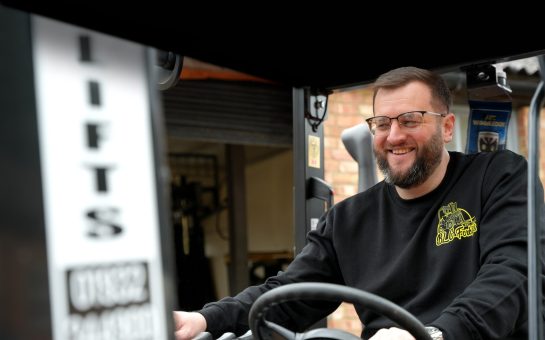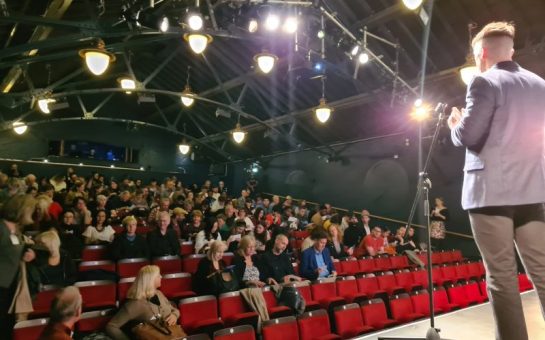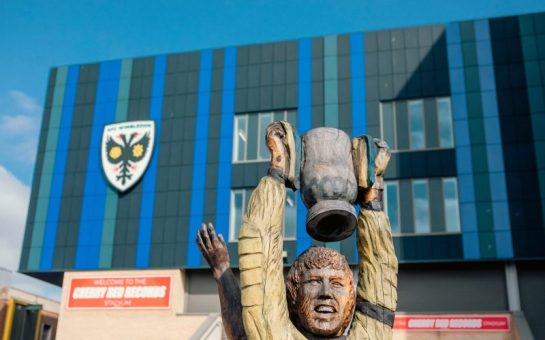The Wimbledon Vigil for Peace aimed to share its message that the best way to honour the dead is to work for a world in which war has no place.
A Wimbledon peace group held a vigil for Remembrance Day on Friday, sharing its message that the best way to honour the dead is to work for a world in which war has no place.
The Wimbledon Vigil for Peace was outside St. Mark’s Place at the foot of Wimbledon Hill between 6.00-7.00pm, handing out leaflets, carrying white poppies and holding placards of war poetry.
The group began in opposition to the military response following 9/11, believing that armed force is the wrong reaction to terrorism, and has met every week since October 2001.
Member Joanna Bazley said the aim of Friday’s vigil was to remember the victims of all wars, both civilian and military, and to work towards a future in which war is unnecessary.
She said: “Remembrance Day is our opportunity to commemorate the dead of the two World Wars and to give thanks for the great sacrifices made.
“But this event is in danger of becoming a nationalistic occasion with the universal horror of war being forgotten by politicians who wear their obligatory poppies while threatening yet more military intervention.
“We are wearing both red and white poppies to convey our desire for a better future.”
White poppies were first worn in 1933 as a response to rising international tensions and the renewed threat of war, inspired by a generation of women bereaved in World War One.
While the traditional red poppy honours the sacrifices of those who died in the First World War, the white poppy commemorates the victims of all wars and is a seen as a symbol of hope and commitment towards eliminating violent warfare.
Member Maisie Carter, 84, said the group decided to mark Remembrance Day without glorifying war by using poetry to bear silent witness to the realities of armed conflict.
“The poems highlight the utter futility of war and I hope it will move people and make them think,” she said.
The day before the vigil, the Home Secretary Theresa May had effectively banned another group – the Muslims Against Crusades – from holding a ‘Hell for Heroes’ demonstration against Remembrance commemorations outside the Royal Albert Hall, where the group had burnt poppies last year.
Ms Carter said that while protest of this kind was counter-productive and wrong, she understood the feelings of such groups.
“They just don’t see a way to achieve an end to war in their countries where their people have been brutally killed and tortured. This fosters resentment and a desire to fight back.
“But I think they’re going about in the wrong way and so do the majority, including organisations such as the Muslim Association of Britain who campaign against war,” she said.
Alison Williams, 75, Secretary of the Merton United Nations Association, a sponsor of the Vigil, said the founding aims of the UN must be taken into account more today.
“We want the UN to be an institution which works for the people, and not in the interests of big government powers,” she said.
“War must be a last resort – politicians are too ready to go to Chapter VII of the UN Charter which allows action to be taken with regards to threats to peace, without looking at Chapter VI on peaceful settlements of disputes.
“War is not inevitable and we should be doing more to avoid it by looking at non-violent alternatives.”




